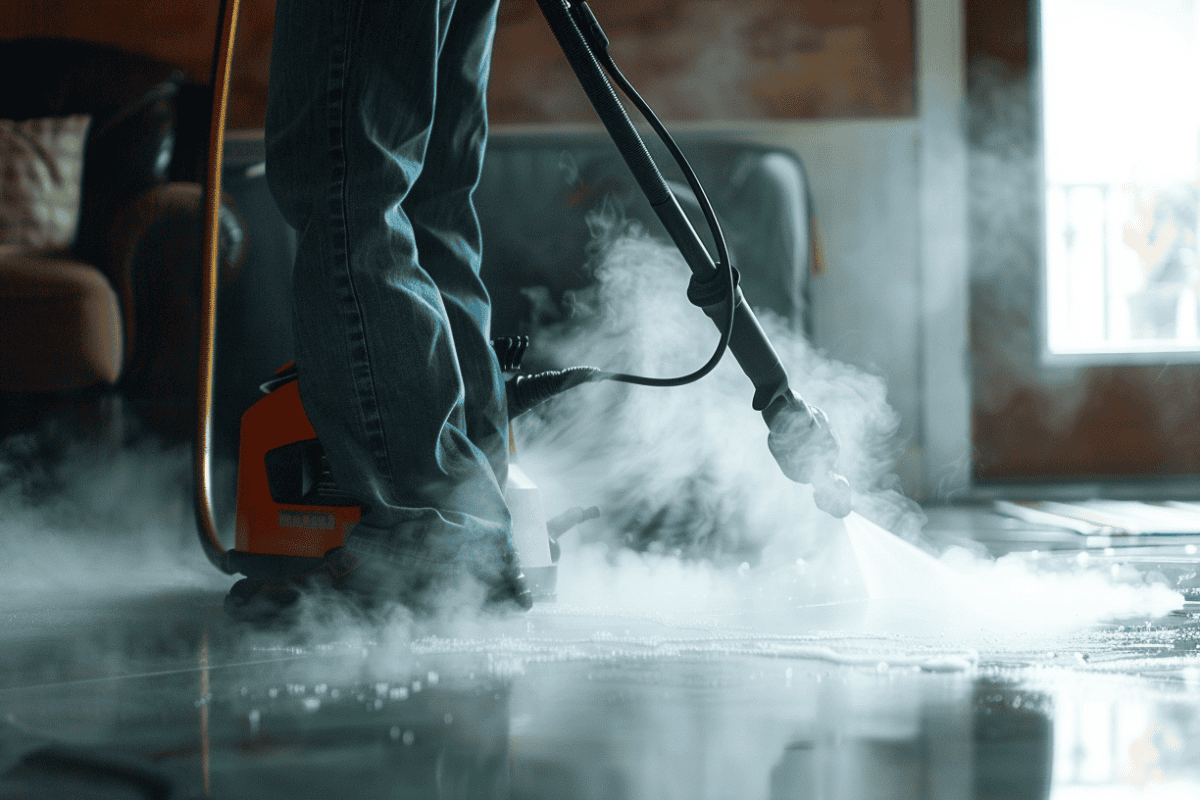Helping a friend or loved one who is suffering from drug or alcohol addiction may be a long and emotionally draining journey. It may be so stressful at times that the only choice you have left is to tolerate the situation because it appears to be an easier option.
Sweeping the problem under the rug, on the other hand, can be harmful to you, your folks, and the person that you’re worried about. As hard as it may seem, you must take the time to persuade your loved one to seek and get the help they require.
Taking a stand through a proper intervention and associating with a medically assisted detox in Ohio is only one small step on the path to recovery.
How to Recognize and Overcoming Denial
What Causes Denial to Occur
Anyone can experience denial. It is triggered by events and circumstances that make people feel that their control and authority are in jeopardy. Due to drug and alcohol addiction’s violent and intrusive nature, an individual who suffers from it is significantly more vulnerable to denial.
Stigma of Addiction
Despite the fact that addiction is officially categorized as a chronic mental illness and relapsing brain condition, it nevertheless carries a stigma.
Some individuals feel addiction results from a lack of morality, while others say it is a result of a decision. Regrettably, these concepts elicit disparaging terminology.
Suppressed Emotions
When it comes to detecting and expressing emotions, some people have a more challenging difficulty than others, especially when the emotions are too uncomfortable to show.
Individuals who conceal their emotions fail to recognize the reality underlying their ideas, actions, and behaviors. As a result, there is denial. To escape the discomfort that comes with destructive emotions, a person may declare that they don’t experience them.
Emotionally Threatened
Denial can be triggered through emotional security by anxiety, worry, or uncertainty. People attempt to maintain their emotional stability as a fundamental human inclination.
When people are threatened or scared by an incident, they may push their feelings to the side as a coping tactic. People might go into denial without even recognizing it owing to a natural protective mechanism.
The Signs Of Denial During Addiction
While it may be difficult for an addict to understand that they are in denial, family members and loved ones can typically spot contradiction a mile away. The following are some symptoms that a loved one is in denial about their addiction:
- Ignoring relatives and friends’ concerns and suggestions.
- Instead of confronting a problem head-on, they avoid talking about it or avoiding issues.
- “I only drink when I’m stressed out” or “I can’t sleep until I take that medication.” are examples of rationalizing habits and responses.
- Takes no responsibility for one’s difficulties and blames others instead.
- They are trying to prove that there isn’t an issue by comparing one’s actions to others. For instance, they pointing out that a colleague got driving under the influence, but they haven’t, simply implying that they aren’t as terrible as others.
- Making unrealistic promises, such as “That was going to be my last one,” “I’m going to cut back on my drinking,” or “I’ll seek treatment as soon as possible.”
- They are claiming that their drug or alcohol consumption has no impact on others.
- When questioned about their drug consumption, they will flatly deny the situation. They may become defensive, confrontational, or emotional as a result of the situation.
Implications Caused by Denial
Denial is a common protective technique used in stressful times. Denial, after all, allows the mind to automatically absorb upsetting or distressing information without causing individuals to become shocked.
However, being in denial might be harmful to one’s health. Denial can impede a person from taking action to address their difficulties if it persists. People who deny they have a problem are less likely to seek treatment.
As a result, their addiction may be prolonged until they suffer catastrophic consequences. Unfortunately, addiction kills and refusing to seek treatment can prove fatal. Denial is also harmful to the addict’s family and loved ones. The family may attempt feverishly to get them rehabilitation, only to be hurt when they become defensive.
This only proves that denial, like addiction, causes harm to the person who is suffering and their entire family.
How to Intervene and Get Past Denial
It takes a long time and a lot of effort to help a loved one get over denial. It’s difficult to see a loved one continue to injure oneself without recognizing how severe their addiction is. There are, however, methods to intervene and assist a loved one in realizing the reality.
When approaching a loved one, it’s critical to concentrate on communicating your concern openly and compassionately.
If you know someone who has successfully overcome addiction, it may be beneficial to ask them to assist you in speaking with your loved one. After all, they will understand what this individual is going through and serve as a live rehabilitation model.
Try to be empathetic and helpful if you suspect someone you know is in denial about their drug or alcohol usage.
Tell them you’re worried about them and that you’re there for them. Avoid using labels like alcoholic and instead, use “I” expressions. Instead of passing judgment, encourage and make recommendations about how or where they might obtain help.
Because these discussions can be difficult and emotional, you may wish to seek the advice of a therapist or counselor.
What to Do If a Family Member or Partner Needs Medically Assisted Detox in Ohio
First and foremost, you must look after yourself. Living with a spouse or family member who has a drug or alcohol addiction may be challenging, distressing, and even mentally exhausting.
Joining a mutual support group for anyone impacted by a loved one’s addiction, may provide you with support, answers, and resources.
This is a sponsored post
Digital Health Buzz!
Digital Health Buzz! aims to be the destination of choice when it comes to what’s happening in the digital health world. We are not about news and views, but informative articles and thoughts to apply in your business.


